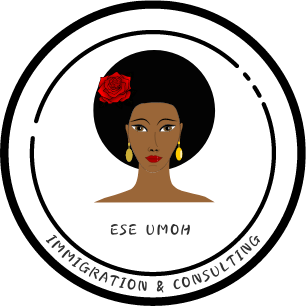Canada is one of the most popular country for higher education but there are many things that some international students aren’t aware of before embarking on this journey. Below are 85things we need to bear in mind as you prepare to explore this route to Canada
1. Choose Your University right
There are many Universities, colleges and institutions to pick from in Canada. If you plan is to stay back after study and work towards a PR, Ensure you check that the school you choose is a Designated learning institute, you can check here: List of Designated Learning Institute
Also ensure your school and program is eligible for post graduate work permit, note that an 8 – 12 months program qualifies you for a 1 years PGWP and a 2 years program qualifies you for a 3 years PGWP.
2. Choose your program right
If coming for a masters or Post graduate program, Ensure that your program is aligned with your years of expertise and if not have a good explanation to back it upon your letter of explanation. If coming for bachelor degree just choose a program you are passionate about and a program that give your opportunity after graduation in the job market.
3. Be prepared for the Weather
If you’re planning on studying in Canada you should be prepared to live in cold weather for several months. You will require a good winter jacket, a hat, scarf, gloves, water proof winter boots, etc. The winter months will affect some transportation options so be prepared to know how to navigate through the snow.
4. Working While Studying
In Canada, foreign/international students are allowed to work on or off campus as long as they have a valid study permit. All full-time students with a valid study permit are allowed to work part-time on or off campus for up to 20 hours per week during university semesters and full time during semester breaks. However, some courses may stipulate that students don’t work for more than 10 hours per week during term time. get all the facts right and dont break any rule, it could affect you in the future.
5. Canada Has Two Official Languages
English and French are both the official languages in Canada. Although the majority of French speakers in Canada reside in the province of Quebec don’t be surprised if you hear the language throughout the country. If you are planning on studying in Quebec you will likely be required to learn French in addition to English language skills.
Are You Interested in Studying in Canada?
You can book a consultation with us and we will help lay down the road map from choosing the right program, right school and get all your questions about study in Canada answered
Ready for the next step? Book Here


